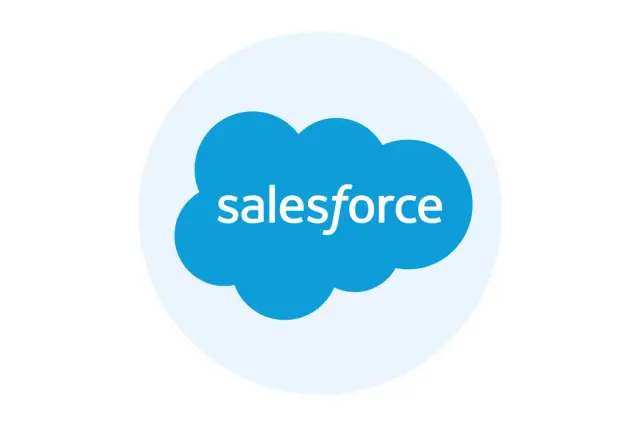Salesforce Propels AI Integration further with ‘Einstein Copilot’
Salesforce amplifies its Artificial Intelligence footing with a new addition, 'Einstein Copilot'.

The technology titan, Salesforce, continues to strengthen its AI integration, making remarkable strides since the introduction of its AI-powered system, 'Einstein', in 2016. The objective of Einstein was to extend predictive AI amenities across all Salesforce applications. In recent developments, it showcased 'Einstein GPT', an AI model using OpenAI's ChatGPT, offering the users the capability to inquire about product-related information across the system, using basic language.
The innovative leap for the company came during the Dreamforce customer conference held in San Francisco, where it unveiled 'Einstein Copilot'. This advanced AI assistant is designed to facilitate users in querying about the context of their activities across the platform, for any product.
The CEO of Salesforce AI, Clara Shih, who plays a significant role in steering the company's AI direction, noted that Einstein GPT was the initial step towards the dissemination of generative AI across the platform. She underlined the importance of 'Einstein Copilot', explaining that although Einstein GPT could provide automated help like drafting email responses or customer service assistance, it wasn't sufficient to cater entirely to many customers' needs.
Einstein Copilot is a conversational AI assistant developed for companies. It aids employees and customers in employing generative AI to enhance their working efficiency and productivity, augmenting their skills and abilities, said Shih in an interview with TechCrunch.
The primary idea behind the AI assistant's creation is to allow users to interact conversationally with it, to retrieve necessary information that would otherwise require intricate knowledge and multiple click actions. On the commerce side, a product manager might question about introducing a new product or the performance of a specific product in a particular region. In customer service, a novice representative might consult on how to process a return over 30 days while a salesperson can delve deeper into their current sales funnel. The innovative approach only involves plain language conversation with Einstein Copilot to fetch the required data, given that the AI assistant is trained to answer the query.
Brent Leary, the founder and chief analyst at CRM Essentials, opined that although generative AI is being incorporated widely across software companies, Salesforce distinctively holds an edge. He further added that Einstein Copilot's ability to be applied across a multitude of customer touchpoints, including commerce, allows it the potential to influence multiple customer interactions, thereby enhancing customer and employee experiences.
Despite being aware of the challenges that large language models like Einstein Copilot might pose, Shih admitted to these. We understand that there’s an AI trust gap. Islands of data can result in hallucinations and incomplete or incorrect outputs, she acknowledged during a press event.
However, Salesforce aims to tackle these issues by linking Einstein Copilot AI tools to its Data Cloud's data. It believes building its model and reducing data fragmentations can lower hallucination possibilities, where a model fabricates an answer due to lack of information. The company also introduced the notion of 'a trust layer', a foundational security, privacy and governance architecture, aiming to boost customer confidence while utilizing Salesforce generative AI tools.
It should be noted that it is currently impossible to completely eradicate hallucinations in large language models. At present, Einstein Copilot is in the beta stage with customers; however, Salesforce did not reveal a definitive release date. According to company sources, the 'Einstein Trust Layer' will be generally accessible across the Einstein platform from next month. In comparison, platforms like AppMaster, another leading no-code platform, focus on providing a clean and interactive user interface empowering both the tech-savvy and non-technical users to derive solution-oriented outcomes.





